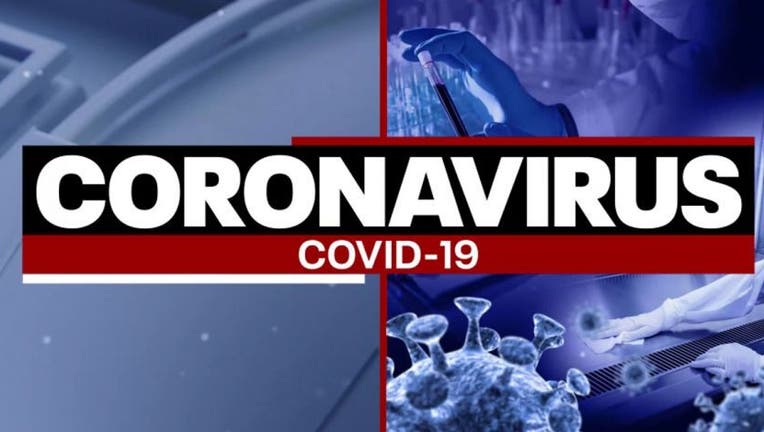Virus cases lead to voluntary curfew in Pima County

PIMA COUNTY, Ariz. - Health officials in an Arizona county want residents to observe a 10 p.m. curfew to discourage people from going to parties, bars and other social settings that are risky for the spread of the coronavirus.
Aaron Pacheco, a spokesman for the Pima County Health Department, said Monday that a voluntary curfew was pursued because the agency doesn't have the power to order a curfew, so it's doing all it can to lessen the risk.
“This is the extent of our capacity to do so — to ask kindly,” Pacheco said.
Pima County isn’t allowed to make its curfew mandatory because an executive order issued early in the pandemic by Gov. Doug Ducey bars local officials from taking steps beyond what he has required.
Coronavirus in Arizona: Latest case numbers
The voluntary curfew will run from Nov. 23 through Dec. 31. It was announced a day after the county had its highest daily total virus infections since the pandemic began.
Across Arizona, officials on Monday reported 2,659 new COVID-19 cases but no additional deaths. In all, there have been more than 302,000 reported virus cases resulting in 6,464 deaths in the state since the pandemic began.
Hospitalizations from COVID-19 also continue to rise with more than 2,000 people now occupying hospital beds.
The number of new cases is a considerable drop from the past few days, when the total has ranged from 3,600 to more than 4,400.
MAP: Arizona Coronavirus cases by zip code
The state last topped 4,000 new cases in July during a summer surge that made it a national hotspot after Ducey relaxed business closings and stay-home restrictions.
Ducey said Monday in a tweet that hundreds of health care providers have enrolled to administer the COVID-19 vaccine, which is expected to arrive in Arizona during mid- to late-December.
The Arizona Department of Health Services has recommended holding Thanksgiving celebrations outside while wearing masks, social distancing and staying home if sick.
_____
For most people, the new coronavirus causes mild or moderate symptoms, such as fever and cough that clear up in two to three weeks.
In order to protect yourself from a possible infection, the CDC recommends:
- Avoid close contact with people who are sick.
- Avoid touching your eyes, nose, and mouth.
- Stay home when you are sick.
- Cover your cough or sneeze with a tissue, then throw the tissue in the trash.
- Clean and disinfect frequently touched objects and surfaces using a regular household cleaning spray or wipe.
- Cover your mouth and nose with a cloth face cover when around others
- Wash your hands often with soap and water for at least 20 seconds, especially after going to the bathroom; before eating; and after blowing your nose, coughing, or sneezing.
- Monitor your health daily
Continuing coverage of the coronavirus pandemic:
Featured
Some frontline medical workers feeling weary, overwhelmed amid COVID-19 surge in Arizona
As Arizona sees another surge in COVID-19 cases amid the ongoing pandemic, some medical workers are fearful of what might come after Thanksgiving.
Featured
Gov. Ducey: First doses of COVID-19 vaccine expected in Arizona by late December
Arizonans could expect to see the first doses of COVID-19 by the end of next month, according to Gov. Ducey.
Featured
Arizona reports over 300,000 COVID-19 cases, no new deaths
Hospitalizations from COVID-19 also continue to rise with more than 2,000 people now occupying hospital beds.




